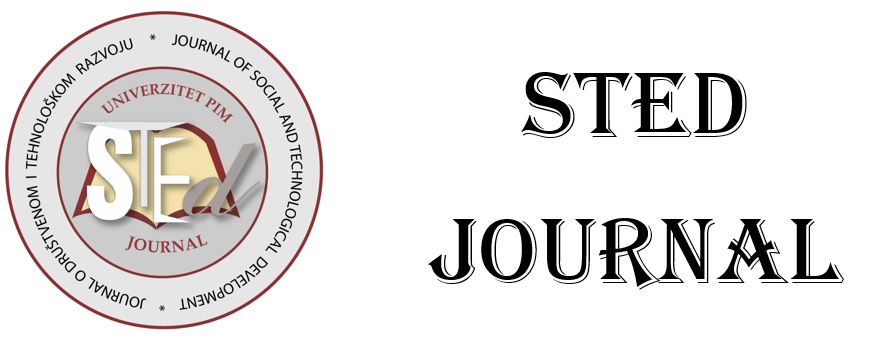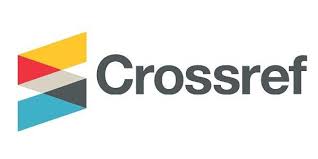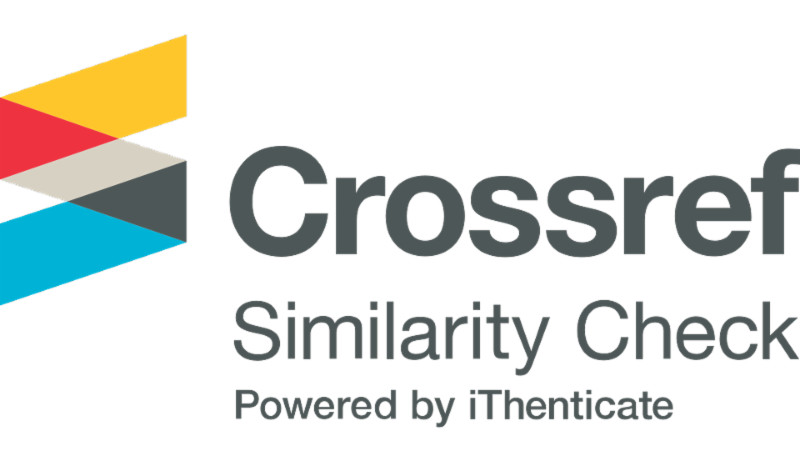Current issue

Volume 7, Issue 2, 2025
Online ISSN: 2637-2614
ISSN: 2637-2150
Volume 7 , Issue 2, (2025)
Published: 28.11.2025.
Open Access
All issues
Contents
30.05.2025.
Original scientific paper
ANALYSIS OF MARINE FUEL OIL PURIFIER EFFICIENCY, CHEMICAL ELEMENTS AND COMPOUNDS FOUND IN THEM
Ensuring the proper operation of a ship’s propulsion system necessitates the use of high-quality fuels. Several factors contribute to fuel quality, including the source of origin crude oil, refining methods, blending processes, and the quality of storage and distribution. Marine fuels must adhere to international standards such as ISO standards to be suitable for consumption on ships.
This article presents an analysis of over 6000 fuel samples obtained from two sample points within a purification system, conducted by independent laboratories. While all samples must meet the ISO 8217:2017 Standard for marine residual fuel before bunkering, this analysis focuses on elements with potentially harmful effects on marine engine systems. A comprehensive examination will be conducted, employing an inductive method to draw general conclusions about the current levels of abrasive impurities and other detrimental elements in fuels post-purification.
Specific attention will be given to elements like aluminium, silicon, vanadium, calcium, magnesium, lead, nickel, potassium, sodium, zinc, and phosphorus present in residual fuel oils. These elements, in certain forms or concentrations, pose challenges to marine engines. Testing conducted according to the IP 501 standard, utilizing inductively coupled plasma emission spectrometry, is essential to ensuring smooth engine operation and mitigating damages and associated costs caused by abrasive fines in the fuel oil.
Miroslav Vukičević, Zdravko Ikica, Boris Hrnčić, Vladan Vuković










